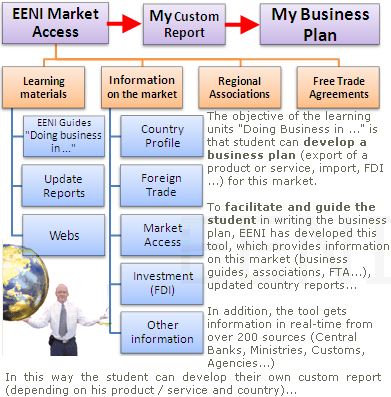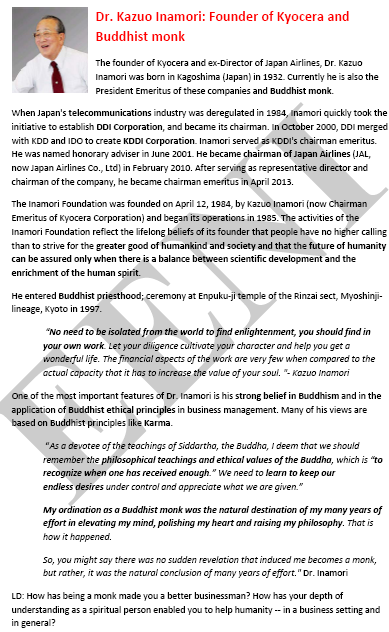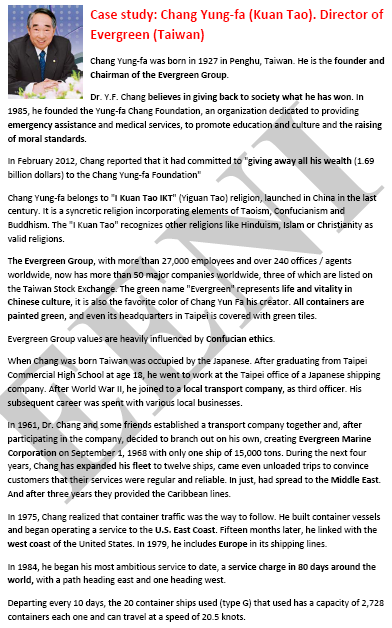Master in Business in Asia
Professional Master in Business in Asia ( ,
Online)
,
Online)
The Master in International Business (MIB) specialization in Business in Asia taught by EENI Global Business School, is designed to offer a global and practical vision on Asian markets (China, India, Singapore, Japan, Indonesia, Iran, Pakistan, Thailand, Philippines, Vietnam...), the main regional integration agreements (ASEAN, SAARC, SCO...) and the main Asian institutions (Asian Development Bank, ESCAP...).
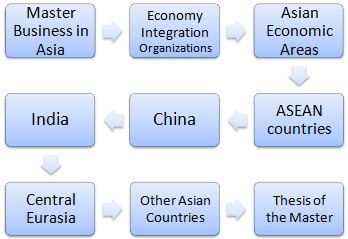
The Master in Business in Asia offers a global and practical vision on the:
- Economic profile and how to do business in the Asian markets: China, India, Singapore, Japan, Indonesia, Iran, Pakistan, Thailand, the Philippines, Vietnam
- FDI flows and intra-Asian Foreign Trade
- Trade Agreements related to Asia: the ASEAN, Bay of Bengal Initiative, South Asian Association for Regional Cooperation, South Asian Free-Trade Area..
- Asian Economy
- Asian Economic Integration Process
- Largest Asian Economic Organizations
- Asian Economic Areas: Buddhist, Eurasian, Malay, Islamic, Hindu
Furthermore, on the Master are analyzed the major Asian religions (Hinduism, Buddhism, Taoism, Confucianism) and its influence on business and Asian Economic Areas.
Professional Master intended for all those wanting to specialize in Asian Business.
 Enrol / Request for Information
Enrol / Request for Information

Language of the Master: 
- Also available in For improving the international communication skills, the student has free access to the learning materials in these languages (free multilingual training). The student can review the subjects in whatever language and use one of the four languages as a vehicular language of the campus and to complete the exercises. The student can do the exercises, thesis or communicate with professors in English, French, Spanish or Portuguese.
 Master Negocios Internacionales
Master Negocios Internacionales  Master en affaires internationales
Master en affaires internationales  Mestrado em Negócios Internacionais
Mestrado em Negócios Internacionais
The graduate students in this Master can Enroll directly in the Doctorate in Asian Business. Moreover, they only need to complete the research methodology module, Thesis, and other modules are not studied in this Master. In this case, the total amount of the doctorate will be € 2,000.
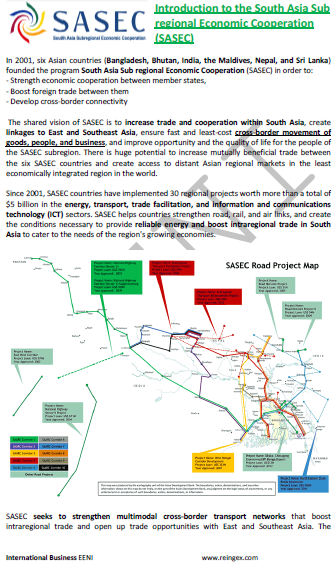
A Master's Program in Business in Asia that fits your schedule and helps you to get a better employment.
The Master in Business in Asia consists of twelve modules:
- Asian Economy, Economic Integration and Organizations (PDF) (structure) (11 ECTS)
- Asian Economic Areas (8 ECTS)
- Business in the countries of the Association of Southeast Asian Nations (ASEAN): Indonesia, Malaysia, Singapore, Thailand, Vietnam... (PDF) (structure) (23 ECTS)
- Buddhism and Business (PDF) (structure) (1 ECTS)
- Business in China and Hong Kong (PDF) (structure) (13 ECTS)
- Taoism and Confucianism (structure, structure) (PDF) (3 ECTS)
- Business in India and the countries of influence of the Hindu Civilization (PDF) (structure) (19 ECTS)
- Indian Religions: Hinduism, Jainism, Sikhism (structure) (PDF) (4 ECTS)
- Business in the Central Eurasian Countries: Armenia, Uzbekistan, Iran, Pakistan, Kazakhstan, Kyrgyzstan... (PDF) (structure) (13 ECTS)
- Islam and Business in Asia (PDF) (structure) (5 ECTS)
- Business in other Asian Countries: Taiwan, South Korea, Japan, Sri Lanka, Bangladesh... (12 ECTS)
- Thesis of the Master (10 ECTS)
ECTS (European Credit Transfer and Accumulation System). 1 ECTS credit= 25 hours of student's dedication (hours of study, exercises, information research, teamwork...).
Note: Consult the specific objectives of each subject of each module in the PDF.
Modules and subjects of the Master in Business in Asia
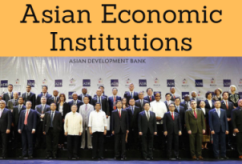
Module- Asian Economy
Asian economy, economic integration and Organizations.
1- Main Asian Economic Institutions.
- Introduction to the Asian Economy
- Economic Integration in Asia-Pacific
- ESCAP
- Asian Development Bank
- Colombo Plan
- Boao Forum for Asia
- Asia Cooperation Dialogue
2- Asian International Economic Relations:
- Forum for East Asia-Latin America Cooperation (FEALAC)
- Asia-Europe Meeting
- Asia-Middle East Dialogue
- Africa-Asia Strategic Partnership
- Pacific Economic Cooperation Council (PEEC)
- Generalized System of Preferences
3- Integration Agreements in Asia-Pacific.
- Asia Trade Agreements
- Asia-Pacific Trade Agreement (APTA)
- Asian economic integration agreements
- Asian civilizations and their relationship to the Economic Integration process: Sinic-Buddhist, Islamic, Hindu
Download the syllabus “Asian Institutions” (PDF).
4- Economic Organizations related to the Economic Integration in Asia
- APEC
- Indian-Ocean Rim Association
- Asian Clearing Union
- South Asian Association for Regional Cooperation
- South Asia Economic Cooperation (SASEC)
- Organization of Islamic Cooperation
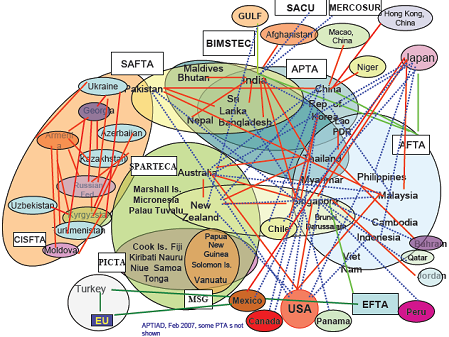
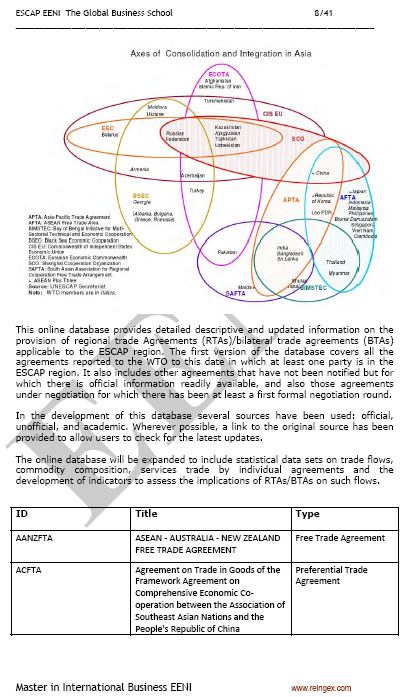
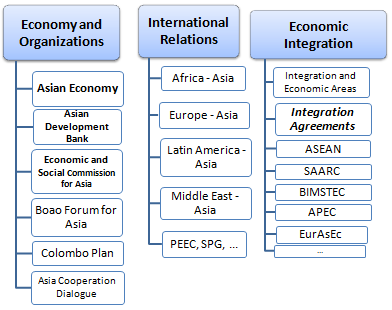
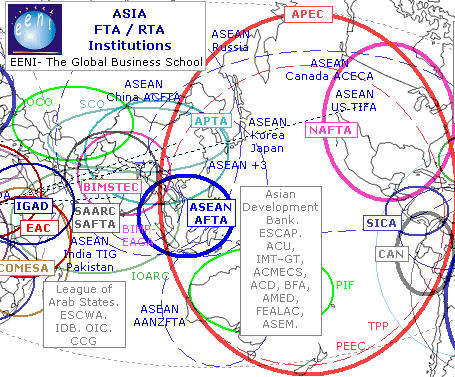
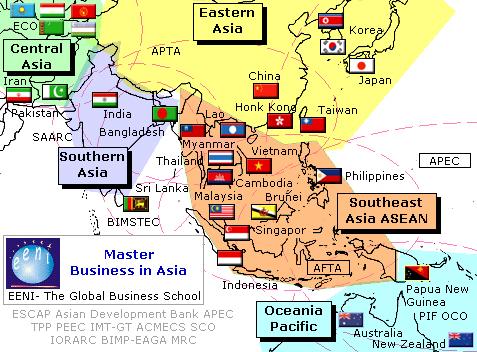
Module- Asian Economic Areas:
- Buddhist Economic Area (PDF)
- India as the Central State of the Hindu Civilization (Hindu Economic Area) (PDF)
- Sinic Economic Area
- Central Eurasian Economic Area (PDF) of the Islamic Civilization

- Almaty-Bishkek Corridor
- Bangladesh-Myanmar Corridor
- China-Russia Corridor
- China-Pakistan Corridor
- China-Central-West Asia Corridor
- India-Afghanistan Corridor
- Europe-Caucasus-Asia Corridor
- Corridor of the Ashgabat Agreement
- Trans-Siberian Railway (Russia, North Korea)
- North-South Corridor (India-Russia)
- Afghanistan-Turkey Corridor
- Trans-Caspian Corridor
- East-West Corridor (Myanmar-Vietnam)
- Kyrgyzstan-Iran Corridor
- Islamabad-Istanbul Corridor
- Nanning-Singapore Corridor
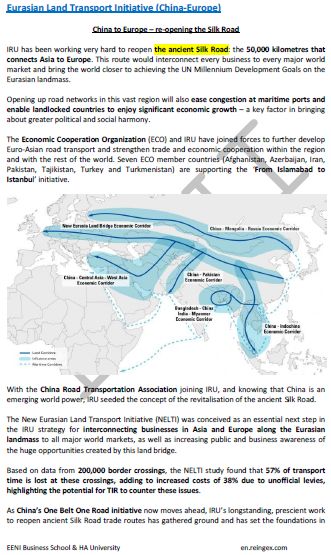
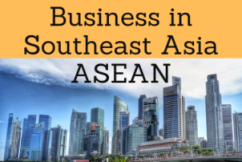
Module- Business in Southeast Asia - ASEAN.
- ASEAN Economic Community
- ASEAN Free-Trade Area (AFTA)
- Investment in the ASEAN Countries
- Mekong River Commission
- Indonesia-Malaysia-Thailand Growth Triangle (IMT-GT)
- Mekong Economic Cooperation Strategy (ACMECS)
- East ASEAN Growth Area (BIMP-EAGA)
- ASEAn Trade Agreements
- Regional Comprehensive Economic Association
- Agreement for Trans-Pacific Partnership
- Southeast Asian Businessmen
- Bay of Bengal Initiative (BIMSTEC)
- Introduction to Thai, Tagalog, Indonesian, and Vietnamese
- Business Plan for the ASEAN Markets
Doing Business in the Southeast Asian Countries:
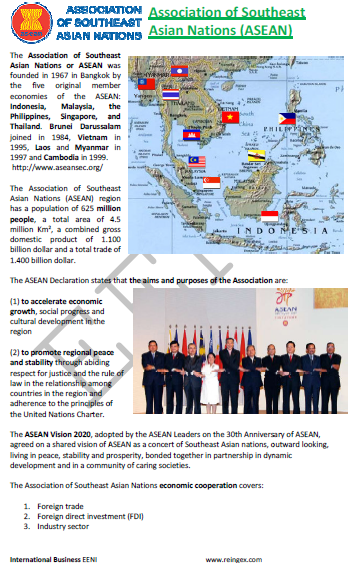
Download the syllabus: “Business in the ASEAN Countries” (PDF).
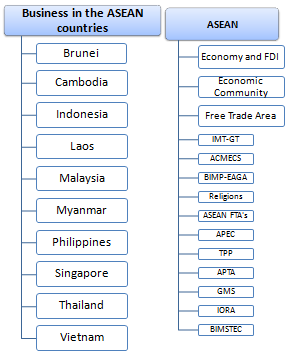

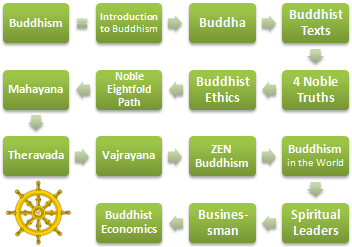

Module- Business in China and Hong Kong
- Economic Profile of the Chinese provinces
- Chinese economy
- Chinese customs
- Ports of China
- Invest (FDI) in China
- Chinese Enterprises
- How to negotiate in China
- Business in:
- Beijing
- Guangzhou - Shenzhen
- Shanghai
- Hong Kong
- Greater Pearl River Delta
- Greater Mekong Subregion
- Chinese Free Trade Agreements (FTA)
- China's international relations
- Access to the Chinese market
- Business Plan for China
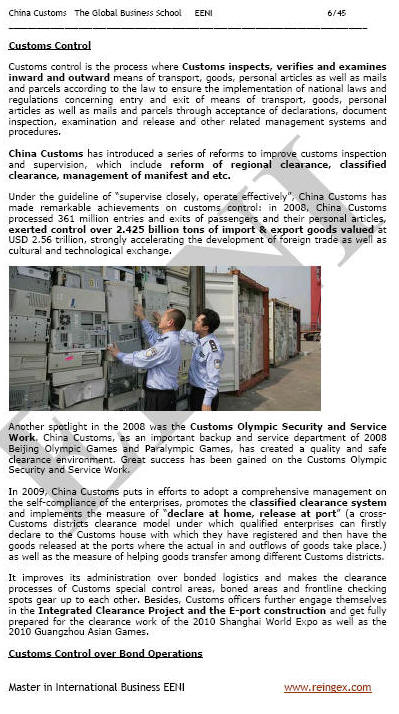
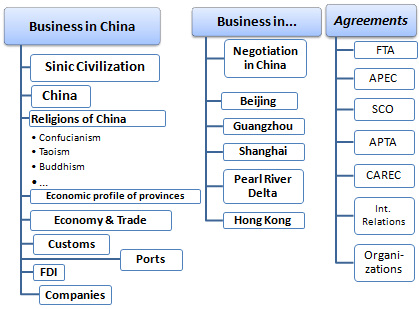

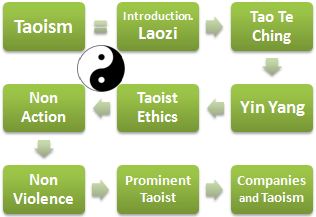
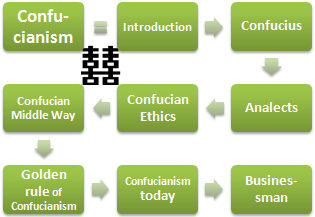
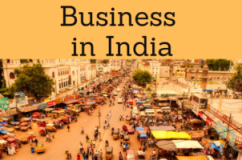
Module- Business in India and the countries of influence of the Hindu Civilization
- Introduction to India
- Economic Profile of the States of India
- Indian companies and entrepreneurs
- Indian Economy and Global Trade
- Investing in India (FDI)
- Doing Business in...
- New Delhi
- Andhra Pradesh
- Bangalore Karnataka
- Haryana
- Mumbai
- Kerala
- Gujarat
- Tamil Nadu
- Indian Free Trade Agreements (FTA)
- Asia-Africa Corridor
- Access to the Indian market
- Business Plan for India
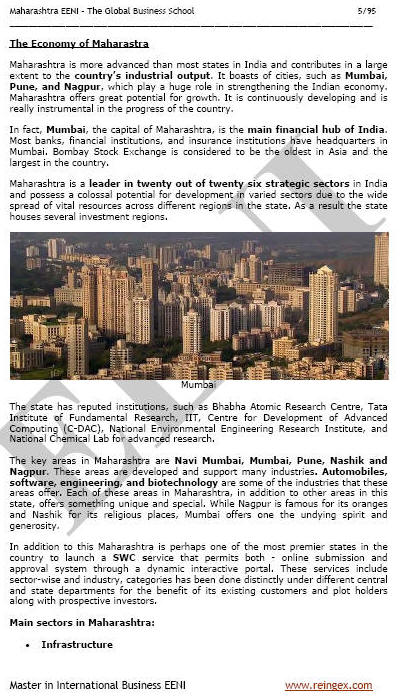
Download the syllabus “Business in India” (PDF).
Doing Business in countries of influence of the Hindu Civilization:
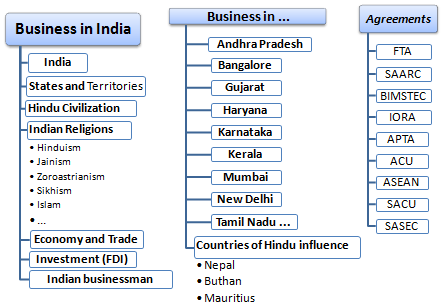

Module- Religions and business in India
- Hinduism
- Sikhism
- Zoroastrian
- Jainism
- Islam in India

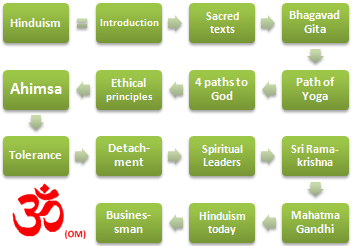
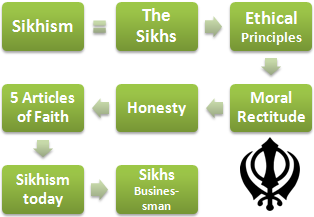
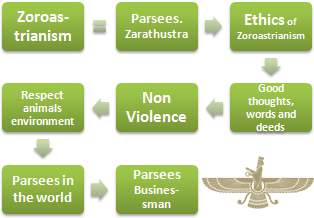
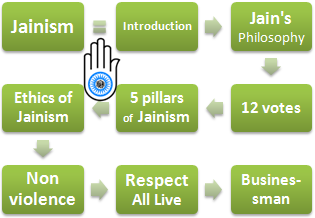
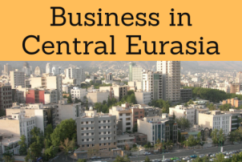
Module- Business in Central Asia.
Doing Business in...
- Armenia
- Iran
- Kazakhstan
- Kyrgyz Republic
- Mongolia
- Pakistan
- Tajikistan
- Turkmenistan
- Uzbekistan
- Entrepreneurs and Companies in Central Eurasia
- Business Plan for the Central Eurasian Markets
Economic Agreements in Central Asia:
- Economic Cooperation Organization (ECO)
- Commonwealth of Independent States (CIS)
- Shanghai Cooperation Organization (SCO)
- Eurasian Economic Union (EAEU)
- Cooperation Council of Turkic Speaking States
- Central Eurasia Regional Economic Cooperation (CAREC)
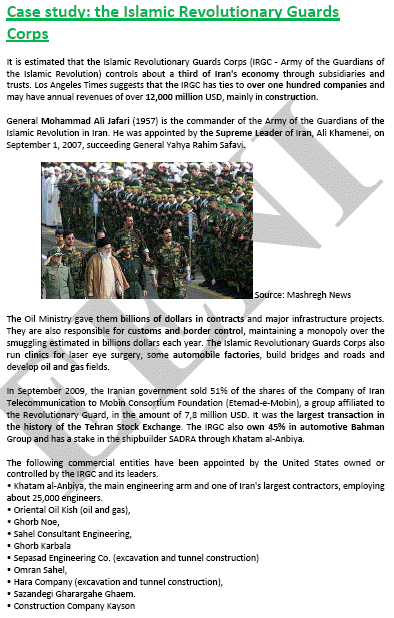
Download the syllabus “Doing Business in Central Eurasia” (PDF).
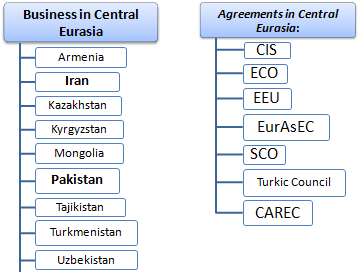

Module: Islam and Business in Asia
- Introduction to Islam
- The Five pillars of Islam
- The Ummah (Muslim Community) in Asia
- Islamic Banking and Finance
- Sharia and business
- Asian Muslim Businesspeople
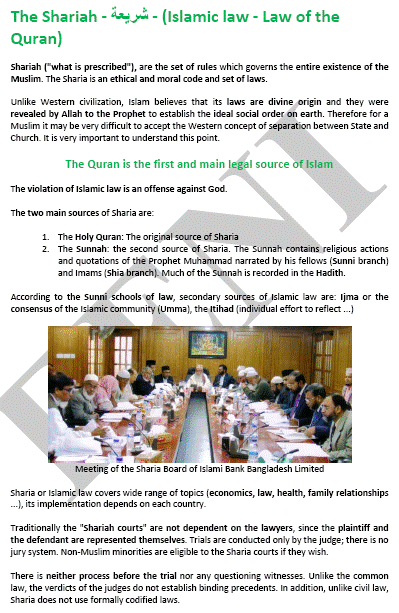
Download the syllabus: “Islam” (PDF).
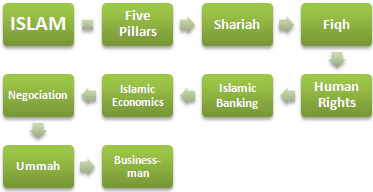
Module- Business in other Asian Countries: Taiwan, Korea, Japan, Sri Lanka, Bangladesh...
The main objective of the module “Doing Business in East and South Asia” is to provide an overview of the economy of the region and the business opportunities.
- To learn to do business in East and South Asia (Bangladesh, North Korea, South Korea, Japan, Sri Lanka, Taiwan, Mongolia, Maldives...)
- To know the business opportunities in the region
- To explore the Free Trade Agreements in East and South Asia
- To analyze Foreign Trade and foreign direct investment flows
Doing Business in...
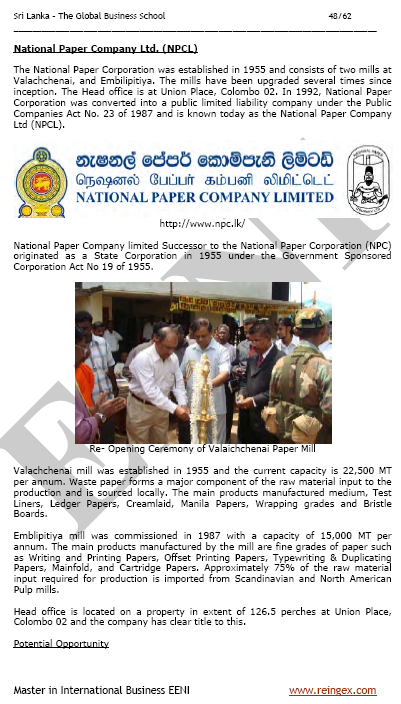
Download the syllabus: “Doing Business in other Asian Countries” (PDF).
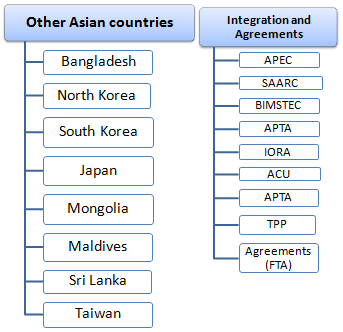
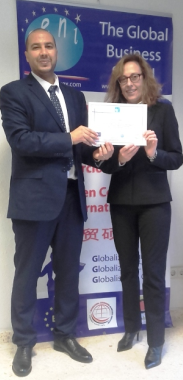
Professional Master's Diploma Obtained
The student has to pass the online continuous assessment exercises for each subject as well as the final online Master's Thesis. If the professor considers that the minimum level has not been reached, he will guide the student to improve the quality of his exercises or thesis and send them back.
The most important thing for EENI is that the student correctly learns the Master's subjects and objectives.
Once all the exercises and thesis have been approved, the student obtains the “Diploma of Professional Master of Science (MSc) in International Business (MIB) specialization in Business in Asia” issued by EENI Global Business School.
In this case, it will be necessary to send us by mail (not valid by email) a certified photocopy of your diploma of Bachelor's Degree. This is necessary for the issuance of your diploma and not to enroll.
Those students, who are not in possession of a Bachelor's Degree, may Enroll but will receive the “Advanced Certificate Program in Business in Asia.”
The Master in Business in Asia includes the Market Access Tool.
